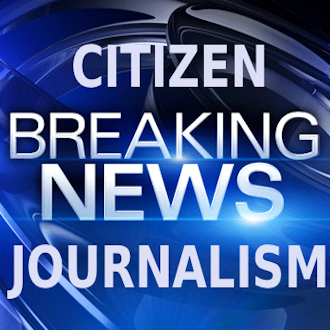
The 75.3 million strong “Millennial” generation surpassed the outsized 74.9 million Baby Boom generation this spring as the nation’s largest living
generation.
More than one-in-three American workers today are Millennials (adults ages 18 to 34 in 2015), and this year they surpassed Generation X to become the largest share of the American workforce, according to new Pew Research Center
analysis of U.S. Census Bureau data. Around 40 percent of Millennials are of a minority or racially-mixed background.
Gen Xers are projected to remain the
“middle child” of generations – caught between two larger generations of the Millennials and the Boomers. The Greatest and Silent generations, while smaller and now shirking, remain a powerful voting block because more than 70 percent of these groups vote in nearly every election.
Millennials are the first generation who have never known life without the internet. Growing up on the Internet, Millennials are used to going out and getting whatever they want. In many organizations, membership has dropped, prompting some to suggest that this generation simply aren’t ‘joiners.’ But in this same period volunteer activities have risen. What has become clear is that Millennials are more motivated by mission than any previous generation. While they will not show loyalty to an organization like previous generations did, they will show loyalty to a cause. Membership organizations must therefore articulate a clear and compelling cause, mission and purpose.”
As voters, Millennials are less engaged in the political process and hold contradictory or conflicting attitudes on many political issues, according to research by
Reason-Rupe,
Journalist's Resource, and
PEW.
Pew Research Center study.
Millennials: 18 - 34 yrs old (born 1980-97)
Generation X: 35 - 50 yrs old (born 1965-80)
Baby Boomers: 51 - 69 yrs old (born 1946-64)
Silent Generation: 70 - 87 yrs old (born 1928-45)
Greatest Generation: 88+ yrs old (born before 1928)
Millennials have little time for "traditional institutions” of any stripe, be they political, cultural, religious, or mainstream media. They are relatively unattached to organized politics or religion, linked by social media, burdened by college debt, distrustful of old institutions, in no rush to marry — and thet're optimistic about the future. They shun politics and both political parties, with half of Millennials self-identifying as political independents.
Republicans are struggling with Millennials more because of their diversity, rather than over ideology. Democrats find Millennials indifferent because, except for Pres. Obama's two campaigns and "
identity subgroup issues," Democrats have been indifferent to Millennials as an entire generational voting block.
About half of the Millennial population in 2012 turned out to vote in
the presidential general elections, voting for Obama nationally, 67
percent to Romney's 30 percent,
according to an analysis by the Center for Research and Information on Civic Learning and Engagement at Tufts University. But less than a quarter of Millennials turn out to vote in mid-term elections, with even fewer voting in local city and school board elections.
Largely, Millennials are not engaged in the political process because the political parties and their candidates do not make an effort to engage with them and help them understand how the political process relates to their life.
Collin County Young Democrats Vice President Kevin Numerick writes on his blog:
The other day I was with some friends and they were joking around about politics and one of them asked, Who cares about politics? I responded nonchalantly, people who care about life? Another friend said in return, “that’s the stupidest thing you have ever said,” while the one who asked the original question stated, “That’s not true because I care about life, but not politics.”
Unfortunately, I was cut off before I could explain my opinion further. But, I realize, maybe people really do think that politics = life = stupid, so I wanted to explain myself a little further for the world to see. Hopefully to understand how it connects to them too. One can hope, right?
Okay, so this seems pretty logical to me, but politics puts in play who makes the laws, and those that make the laws are supposed to represent the people. We all know that isn’t always the case, which is
all the more reason to be involved!!!!
Read the rest of Kevin's article at his blog.











